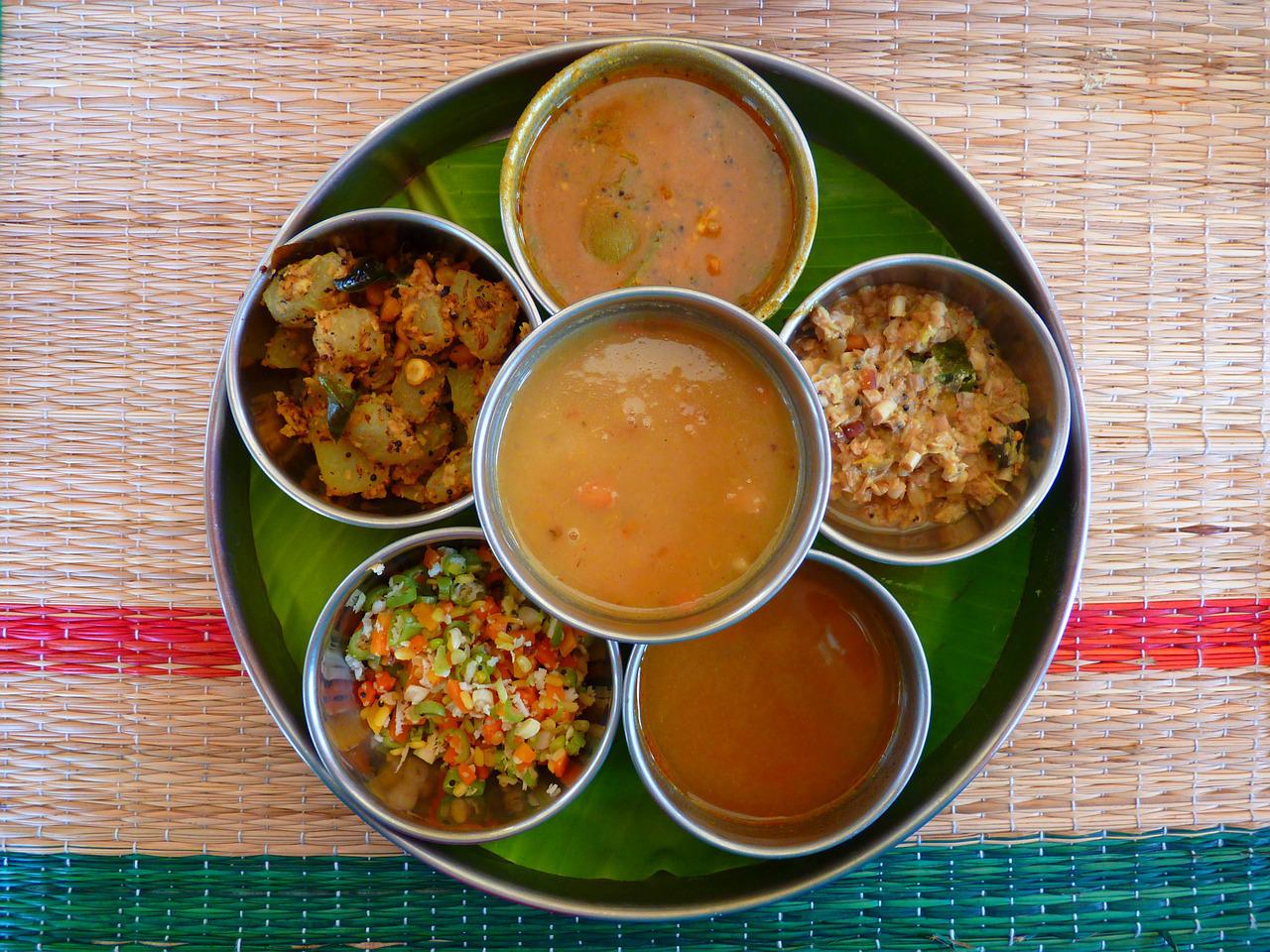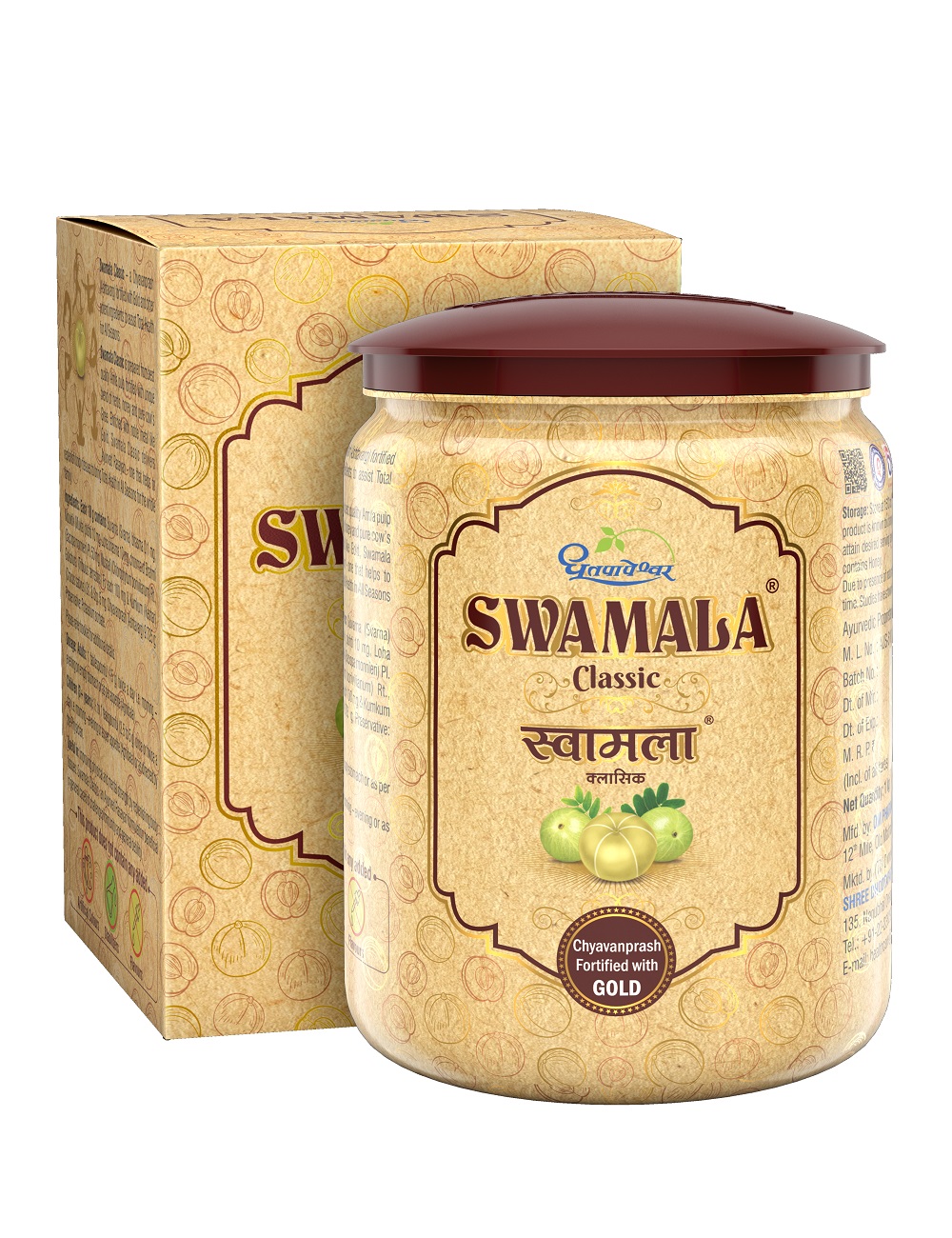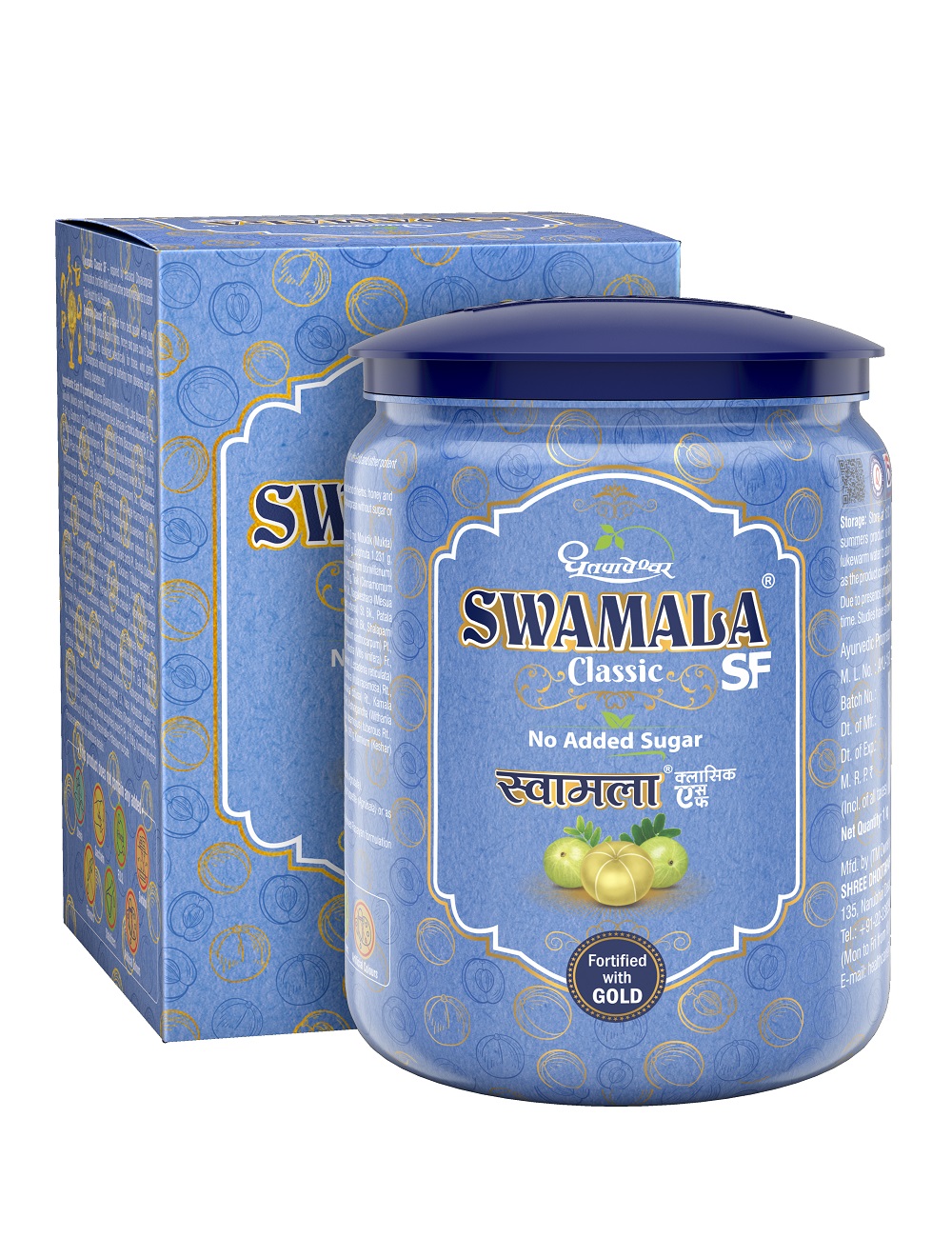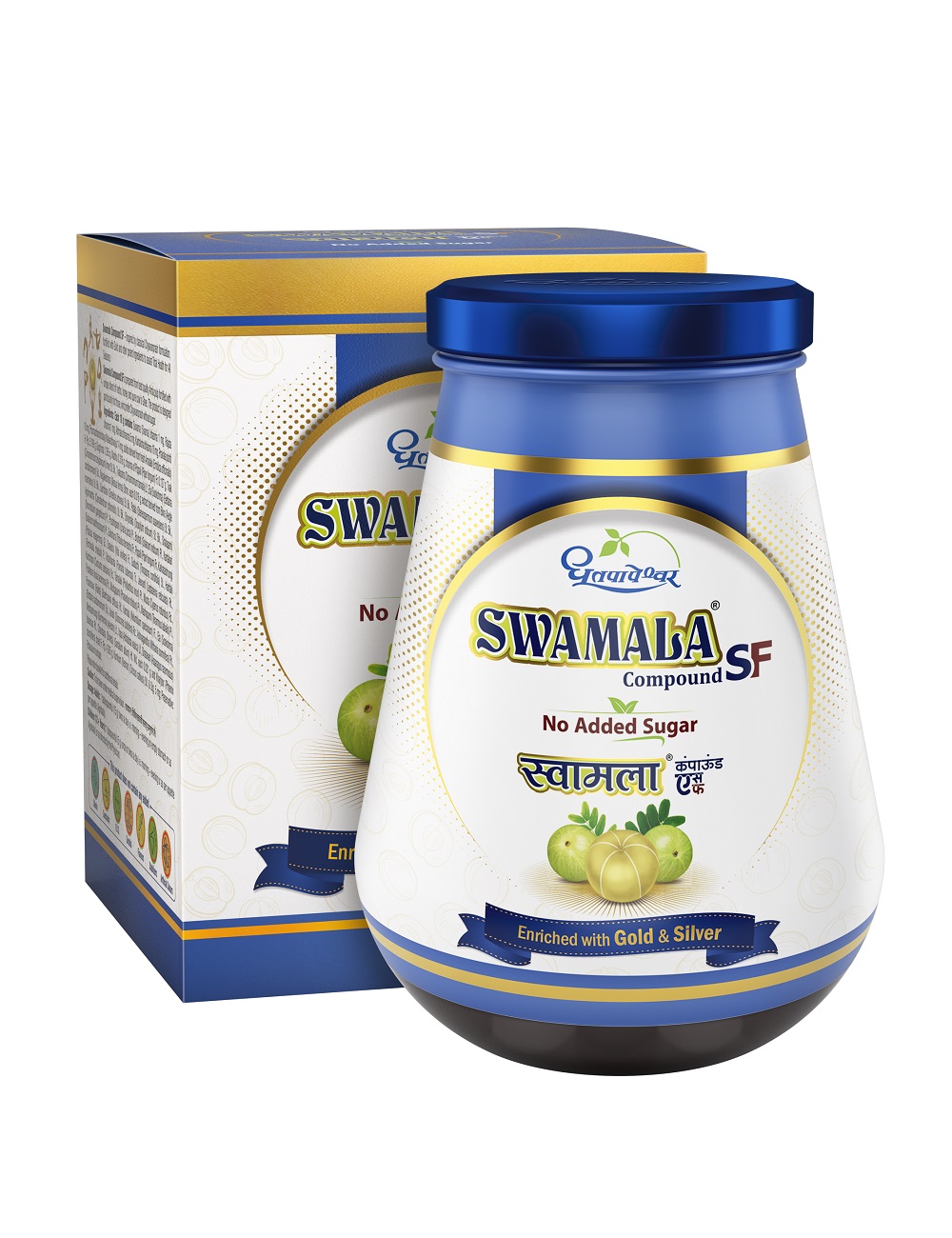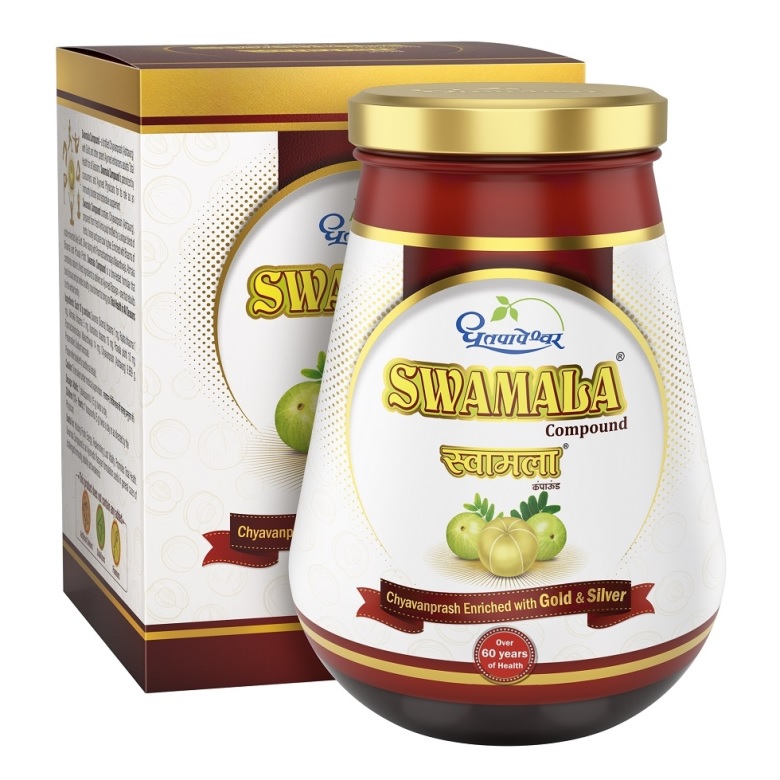Ayurved has always given immense importance to diet. According to the Ayurvedic system of medicine there are 8 factors (अष्ट आहारविधि विशेष आयतन) which have to be taken into consideration before consumption of any food or diet. They are as follows:
Prakriti प्रकृति (Basic character of the food)
Before consuming any food, we must take into account the basic character of the dietary ingredient as it defines how the food will be digested and assimilated in our body. For example, ‘kidney beans’ are considered to be of ‘heavy’ character, and hence are difficult to digest.
Karan करण (Preparation)
These are the various treatments or processes done on the food to change the basic character of the dietary ingredient to a certain extent. These processes include soaking, cooking, frying, roasting etc. For example, rice grains primarily are of ‘heavy’ character but when cooked with water, they become lighter and easier to digest.
Sanyog संयोग (Combination)
It is the combination of two or more dietary ingredients. Combinations sometimes give rise to properties different from those possessed by individual food items. For example, fish and milk when consumed individually are good for health, but when consumed in combination give rise to various disorders.
Rashi राशि (Quantity)
It is the quantity in which the food is consumed. This is measured in two ways: 1) Quantity of each dietary ingredient and 2) Quantity of total diet consumed at any point of time.
Desh देश (Habitat)
It includes the region where that particular dietary ingredient is grown, as well as the region to which the person consuming that dietary ingredient belongs. This aspect is of extreme importance as locally produced foods are easily assimilated in the body.
The concept of local food which is now catching rapid attention in Western countries has always been known and practised since thousands of years in the Ayurvedic system of Medicine.
Kaal काल (Time)
This refers to ‘time’ with respect to the state of the disease and also the different seasons. Certain dietary ingredients are salutary in certain disease states and certain seasons, while others are not. For example consumption of foods with cold character should be forbidden in cold seasons, milk should be avoided in acute stage of fever.
Upyog Sanstha उपयोगसंस्था (Directions of use)
These are the rules and regulations which should be followed during food consumption. For example one should not eat before earlier food is digested.
Upyokta (user) उपयोक्ता
This is the person who consumes the food. It’s perhaps the most important factor since salutary or unsatutary effects of diet depend on the individual consuming it.


